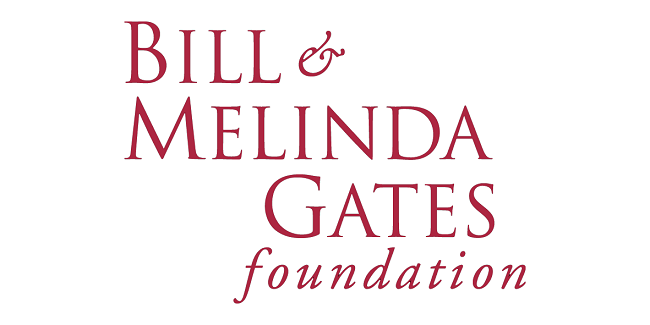Global economies continue to struggle to recover from the beat down at the hands of the COVID-19 pandemic, and the Goalkeepers Report by the Bill and Melinda Gates Foundations projected that some economies will recover faster while some would remain in the doldrums.
The report released on Wednesday last week noted that many across the world would feel the “severe and enduring” impact of the pandemic.
It estimated that 90 percent of developed economies “are expected to regain pre-pandemic per capita income levels, while only a third of low- and middle-income economies are expected to do the same.”
In a June 2021 report, the World Bank projected a rebound in major economies across the world, with developing economies trailing far behind.
However, it predicted a 5.6 percent growth acceleration in 2021 precipitated by the efforts of two economic world powers, the United States and China.
The fight against poverty remains stagnated, the report said, with almost 700 million people, mostly from low- and middle-income countries, expected to remain below the poverty line in 2030.
On a gender scale, the report said that the pandemic only deepened the economic and social disparities between men and women, with “women’s employment globally is expected to remain 13 million jobs below the 2019 level—while men’s employment is largely expected to recover to pre-pandemic rates.”
READ ALSO: Heritage Bank, Others Bankroll SCOA Handover Of Trucks, Equipment To Julius Berger Worth ₦15.5bn
Melinda noted that “Women face structural barriers in every corner of the world, leaving them more vulnerable to the impacts of the pandemic.
“By investing in women now and addressing these inequities, governments can spur a more equitable recovery while strengthening their economies against future crises. It’s not just the right thing to do—but smart policy that will benefit everyone.”
In their opening notes in the report, co-chairs of the Foundation, Bill and Melinda, said that the pandemic had taught them a lesson that “progress is possible but not inevitable.”
They added, “If we can expand upon the best of what we’ve seen these past 18 months, we can finally put the pandemic behind us and once again accelerate progress in addressing fundamental issues like health, hunger, and climate change.”














